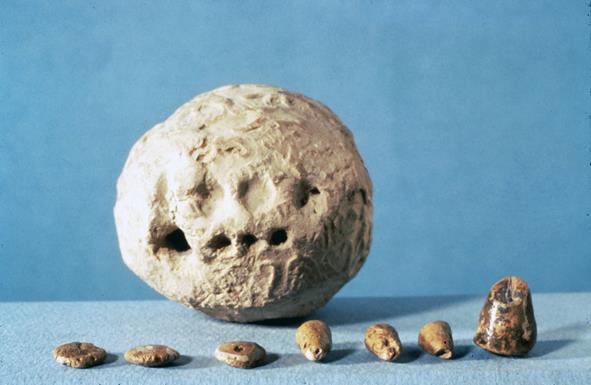These are my notes for the K5M Book Club on the book Money, by Jacob Goldstein.
Author’s Note
Jacob’s aunt Janet seems rad. A poet with an MBA feels like an intellectually dangerous person in the most interesting way:
Money is fiction. It was never there in the first place.
This made me think of cryptocurrency! Especially the recent personal token movement where everyone and everything can have an entire economic system behind it. Money as software!
I really loved the line “Money is fundamentally, unalterably social.” Probably because I have built my entire identity on capitalism, but I love the idea that money and markets rose together and that money can’t exist without another person.
1. The Origin of Money
I had an idea around the story of Mademoiselle Zélie and her barter problems. Could the 816 tickets she sold to the islanders been used as a type of money? At least until the event those tickets had a value that could be exchanged.

The book Money and the Mechanism of Exchange by William Jevons is only $1.19 as a kindle book on Amazon and apparently is illustrated?
There are many, many references online to the story of Zélie and her barter problems which reference Jevons’ book, but my favorite part of googling her name was the suggested search of:
“do the goods mademoiselle zelie received as payment fulfill the four functions of money”
Which is clearly a quiz question being googled by students. But it did make me curious about the answer…
✅ Unit of account
✅ Medium of exchange
✅ Standard of deferred payment
❌ Store of value
But it does seem like, at least until the date of the performance, those tickets would have counted!
I underlined this quote from anthropologist Caroline Humphrey (who as a wikipedia page):
No example of a barter economy, pure and simple, has ever been described, let alone the emergence from it of money.
This is one of those facts (like knowing the true meaning of begs the question) that will haunt you for the rest of your days. Because over and over and over again you’ll hear about barter leading to money. Everyone thinks this (except you, me, Jacob Goldstein, and Dame Caroline Humphrey, the Baroness Rees of Ludlow)
I went to High School in Sitka Alaska and learned a bit about the Tlingit. I wish I had paid more attention but I remember the idea of the potlatch. I think the actual practice is a lot more interesting than the brief mention we get here. “A potlatch involves giving away or destroying wealth or valuable items in order to demonstrate a leader’s wealth and power.” (Wikipedia)
The idea of destruction of value as a way to demonstrate wealth and power is still very much alive!
I did not know that “This wanton generosity freaked out the Canadians so much that the Government made the practice illegal.” That’s pretty amazingly fucked up.
I made a note to look up the clay balls with the tokens inside. I didn’t expect them to be ugly…When I was in High School I made took a sculpture class and made a hollow ball. The heat from the kiln caused the air inside the ball to expand and it exploded and also destroyed other objects in the kiln. Oops!

“The first writers weren’t poets; they were accountants.”
I love this! Okay, first off, this makes me think of the famous Warhol saying,
Making money is art and working is art and good business is the best art.
But it also is the idea behind an uncompleted project of mine titled “Achievements Made Possible By Accounting: A Piano Recital”.
The piano was invented by Bartolomeo Cristofori while working for the Prince Ferdinando de Mèdici, and the Mèdici fortune was related to their invention of double-entry bookkeeping. So there was going to be a piano recital mixed with economics talks. I still have the unfinished brochure for that project somewhere…

Definitely needed to look up the Incan accounting strings! I love that they had this concept of accounting but no need for the fiction of money. It’s like they went right to a more “electronic” form of money.

Goldstein says the “Greeks went wild for coin” but he doesn’t talk about their cool SEX COINS! I mean, that seems like a fun fact to have in the book!!! I feel like someone I follow posted recently about these coins so when I read about the greek coin explosion this was the image I had in my head.
I love the idea of the Agora. It sounds like an in-person version of the internet in that it started out being about communication and news and then formal meetings and eventing commerce took over the whole thing.

You must be logged in to post a comment.